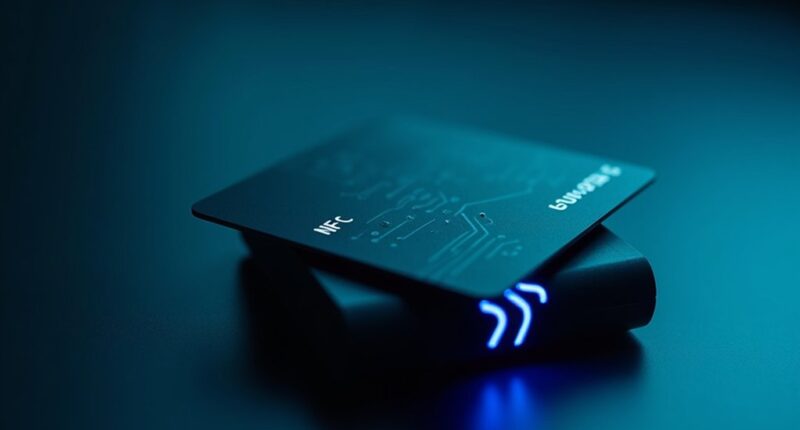Although the cryptocurrency domain prides itself on decentralization and user sovereignty, the perennial headache of private key recovery remains a glaring vulnerability—until now, with the so-called Revolutionary Tap-to-Recover Smart Card. This device, masquerading as a mere smart card with NFC capabilities, audaciously promises to extricate users from the Kafkaesque nightmare of seed phrase memorization, backup mismanagement, and cloud-dependent recovery schemes. By securely storing a “master secret” offline, it circumvents the usual exposure to identity verification tyranny and the omnipresent threat of cloud breaches, a feat that frankly should have been standard long ago. The Recovery Key was developed with extensive internal and external security audits to ensure robust protection against emerging threats, reflecting Ledger’s commitment to transparency and safety security testing. It leverages smart card security features and biometric authentication to keep private keys safe and user data private.
The card’s reliance on Secure Element technology, identical to that employed in Ledger’s hardware wallets, underscores a commitment to hardware-level security that mockingly contrasts with the laughable fragility of traditional paper backups or password managers. Users merely tap the card to a compatible Ledger Flex or Ledger Stax device, enter a PIN, and voilà—their keys resurrected without a single humiliating request for personal data or complicated mnemonic juggling. This approach also minimizes privacy concerns by reducing reliance on traceable cloud services that could expose user data. Let’s be clear: possession of the card alone is insufficient, thanks to the mandatory PIN, a modest barrier that raises the stakes for any would-be thief.
With compatibility restricted to Ledger’s latest NFC-equipped wallets launched in 2024, the solution is as exclusive as it is practical, shattering the illusion that all recovery methods are created equal. Unlike Ledger Recover’s cloud-sliced and encrypted phrase fragments demanding identity checks, this offline alternative respects user anonymity and shrugs off the conventional risks of remote attacks. It doesn’t manage assets or sign transactions—it simply does what it claims to do: restore access. In a landscape riddled with complexity and compromise, this card offers a rare, no-nonsense lifeline, challenging the crypto world to stop settling for mediocre security theater.









